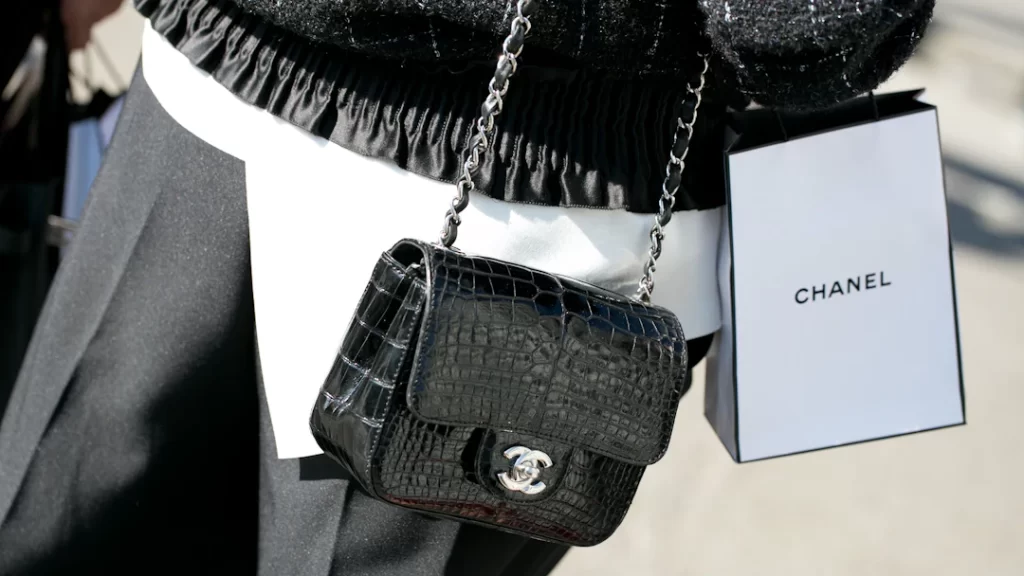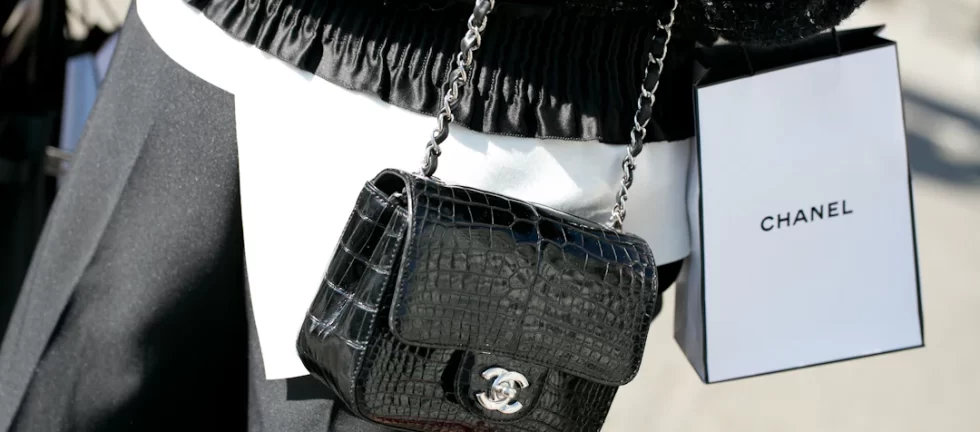Luxury brands are strategically raising their prices in China amid slowing economic growth. But with priorities changing, how are consumers reacting?

Amid a slowing economy, plummeting consumer confidence, rising unemployment, and deflation, a handful of luxury brands have been raising their prices in China.
French leather goods and fashion brand Hermès raised its retail prices in the nation between 10 percent to 20 percent, according to media reports, as part of a global price hike that saw its bags rise by an average of 7 percent internationally.
Meanwhile, rival French luxury house Chanel has raised its prices between 6 percent to 8 percent across East and Southeast Asia. Fellow French fashion house Louis Vuitton also implemented price adjustments in China from mid-February 2023, raising the price of its bags by an average of 6 percent.
Such price rises have prompted disgruntled comments among Chinese consumers, who in the past often turned to daigou, or overseas personal shoppers, to purchase luxury products at a discount.
“If you bought an Hermès early on, enjoy. If you are buying it late [now], you should just give up,” wrote user @Xingfuhuifayamiao on Chinese social media platform Xiaohongshu.
“I’m already out,” said another poster, user @184315347. “If I want to buy one, I’ll just go to a luxury resale store.”
Polarized views
Chinese consumers are tightening their belts this year as the nation continues to face economic challenges.
Earlier this month, the International Monetary Fund forecast that China’s economic slowdown will continue over the next few years.
While the country’s economy has not reached a “full blown” crisis, sputtering growth is an issue that has caused much concern amid declining consumer prices, rising unemployment rates, China’s property bubble bursting with the implosion of Evergrande Group and other developers, and has created a ripple effect across neighboring regions.
And yet luxury brands like Hermès, Chanel, and even trendy outdoor tech apparel maker Arc’teryx are still raising their prices.
The confidence of some brands to raise prices stems from several factors, says Jacob Cooke, co-founder and CEO of Canada and China-based WPIC Marketing and Technology.
“In certain categories we are still seeing consumers pursuing so-called ‘consumption upgrades.’” he says. This is when consumers are willing to spend more when product quality is a top purchasing consideration — such as in the case of vitamins or luxury items.
Additionally, Cooke says “discounting can undermine the status of a premium brand, whereas price hikes can elevate the brand’s premium image.”
He calls it a “feedback loop” whereby successful brands are able to elevate or continue projecting their premium image, without succumbing to short-term revenue pressure.
“Discounting can undermine the status of a premium brand, whereas price hikes can elevate the brand’s premium image.”
Other industry insiders, such as Max Peiro, CEO of China luxury insights platform Re-Hub, says brands have in fact been careful and strategic in taking a “tempered approach” to price increases over 2023, when compared with the hikes that took place over the Covid-19 pandemic.
Brands at the top of the pyramid can confidently raise their prices, says Peiro.
“Based on our tracking of the pre-owned market in China, the resale value of Hermès in the secondary market remains high, while most luxury brands do not command similar high resale values on their iconic products, which could present challenges if they pursue an aggressive price hike strategy,” says Peiro.
Indeed, in the past it’s been reported that China’s millennial consumers were prepared to spend up to 20 percent of their income on luxury purchases in 2018. Luxury items continue to be highly-coveted in status-conscious societies like China, but consumption behavior is changing.
Evolving tastes
On Xiaohongshu, some users say they have given up on conspicuous consumption altogether.
“I’m not interested in Hermès bags anymore,” wrote user @Kong. “I’m not in the kind of social circles where I must wear certain brands or items … I’d rather save money for travel and retirement,” the poster wrote.
According to research from 2023 by Mintel, China’s Gen Z consumers spent more on “leisure” than they did on clothing and other fashion-related purchases that year.
“Experience-led spending, from going to the cinema and visiting exhibitions to exercising outdoors, has become the mainstream way for Gen Z to resume their lives post Covid,” Mintel senior research analyst Blair Zhang told Time magazine at the time.
A research study conducted by Agility Research and Strategy in late 2023 further revealed the evolving tastes and attitudes of younger consumers in the nation — Gen Z and millennial millionaires were found to prefer exclusive, rare, and limited edition items from brands rather than mass or mainstream products.
Beyond price hikes, when implementing a pricing strategy, “brands need to consider their brand power, competitive positioning, and consumer sentiment to strike a balance that elevates the brand and maximizes growth without alienating their customer base,” says Re-Hub’s Peiro.
“Looking ahead, I foresee further polarization in brand performance: top brands with access to more resources and selected emerging brands with high desirability will likely outperform others,” he adds.
Key Takeaways
- Despite economic challenges, luxury brands like Hermès, Chanel, and Louis Vuitton have raised their prices in China, showcasing confidence in their premium status with increases ranging from 6% to 20%.
- However, some Chinese consumers are unhappy with these hikes, turning to alternatives like resale stores, reflecting a shift away from conspicuous consumption.
- As brands plan pricing strategy, they must consider younger Chinese generations, notably Gen-Z and millennial HNWI, who prioritize experiences and limited edition items, and may be put off by additional increases.
- As an example of successful price increases, consider the case of L’Oréal, whose price increase was received warmly by consumers.
Link to full article by Jing Daily: Hermès, Chanel, LV hike prices in China despite economic headwinds | Jing Daily



